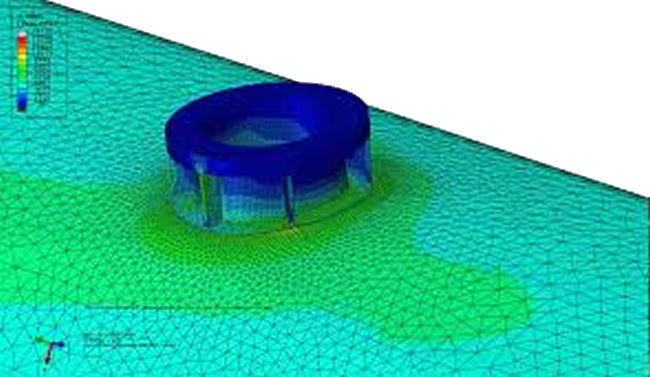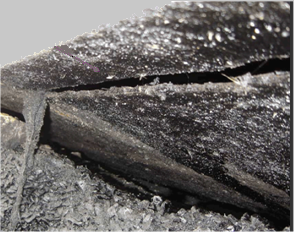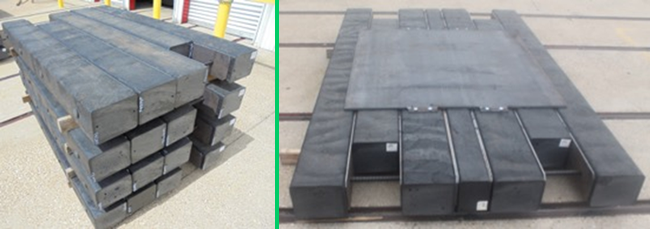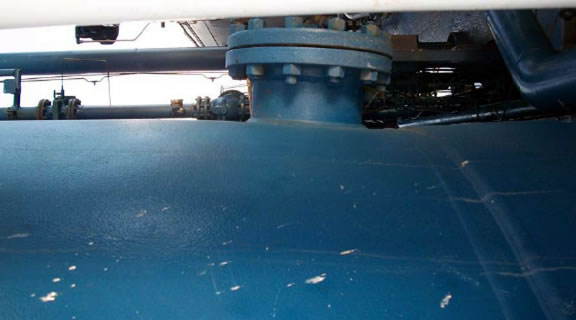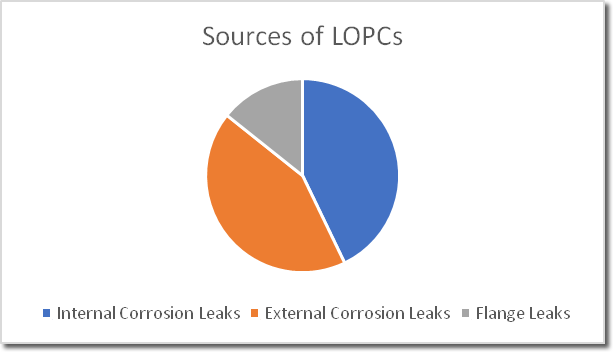Basics of Design By Analysis in ASME Section VIII, Division 2
How hard can it be? I’ve heard from several (unnamed) analysts that because they have access to an FEA program and have successfully applied FEA in other fields, that FEA for pressure vessels should be a snap. What is it about FEA for pressure vessels that makes it unique? I was recently discussing with another […]

